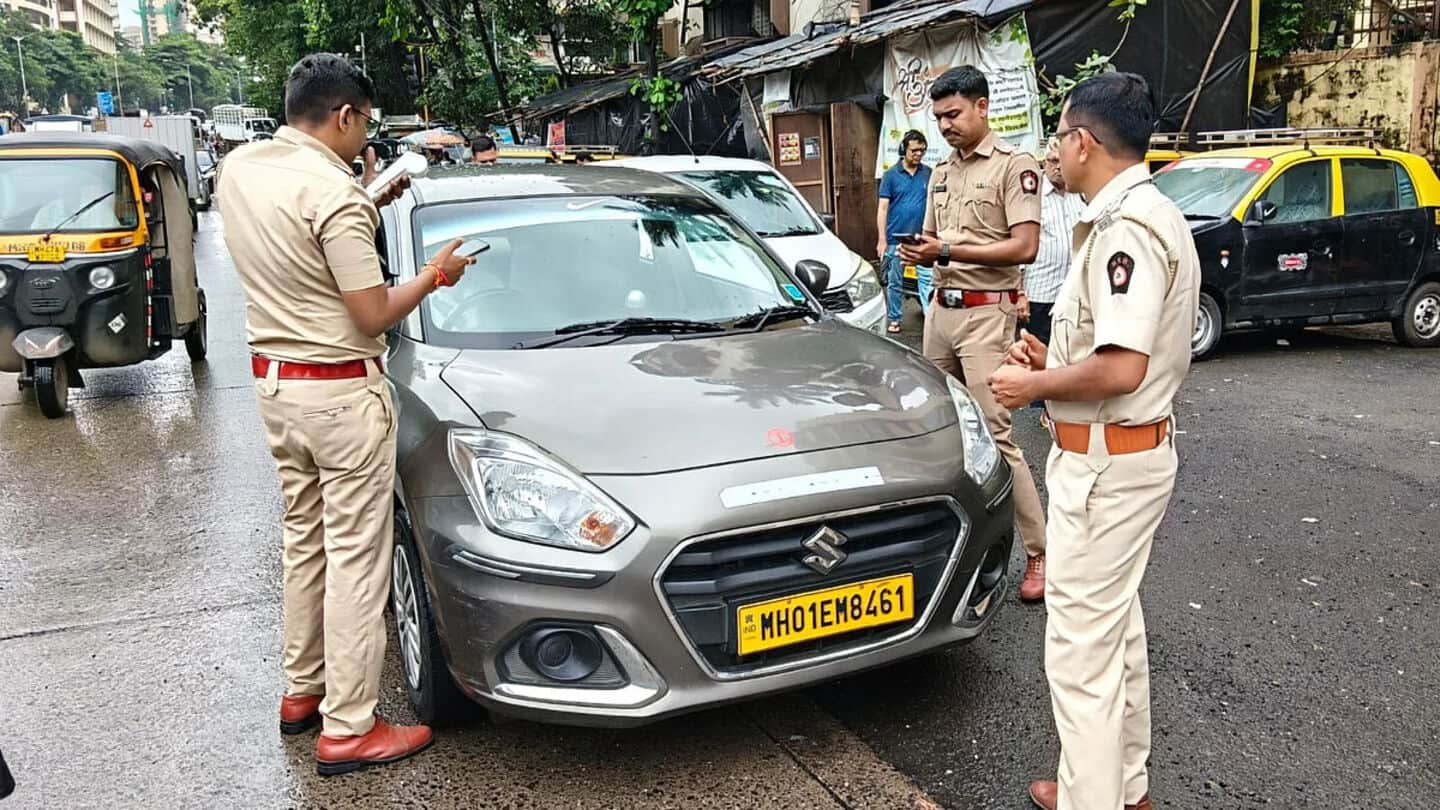
Maharashtra crackdown on app-based cabs over price surges during rain
What's the story
The Maharashtra State Transport Department has launched a crackdown on app-based taxi aggregators in Mumbai, accusing them of exploiting commuters during the recent heavy rains. Over the past few days, action has been taken against 147 operators, with 36 found guilty of overcharging passengers during the city's transport crisis. The move comes after a directive from Maharashtra Transport Minister Pratap Sarnaik to take strict action against offenders.
Official response
Taking advantage of disrupted public transport services is economic exploitation
Minister Sarnaik condemned the surge pricing practices, saying that such exploitation during a natural emergency would not be tolerated. He also asked officials to consider revoking licenses of operators who repeatedly violate rules. "Where regular fares were around ₹200, commuters were reportedly being charged between ₹600 and ₹800," he said. "Taking advantage of disrupted public transport services is nothing short of economic exploitation," he said.
Transport disruption
Surge pricing amid transport crisis sparks outrage
The heavy rains earlier this week severely disrupted Mumbai's transport network, including the partial or complete breakdown of bus and suburban rail services. Stranded commuters turned to app-based services like Ola, Uber, and Rapido but ended up paying up to four times their usual fares due to algorithm-driven surge pricing. The situation left hundreds with no option but to accept the inflated rates, triggering public outrage.
Enforcement action
Government launches probe into surge pricing algorithms
In response to the complaints, the Transport Department and Mumbai Police launched joint enforcement drives across key areas in the city and suburbs. These operations targeted ride-hailing services suspected of inflating fares during peak disruption hours. Minister Sarnaik has also asked the Mumbai Police Cyber Cell to probe digital fare manipulation and surge pricing algorithms used by app operators. The move aims to identify potential violations of consumer protection laws and digital pricing norms.